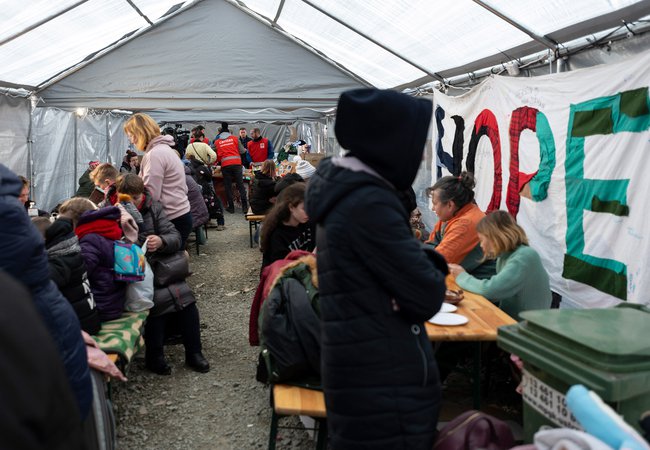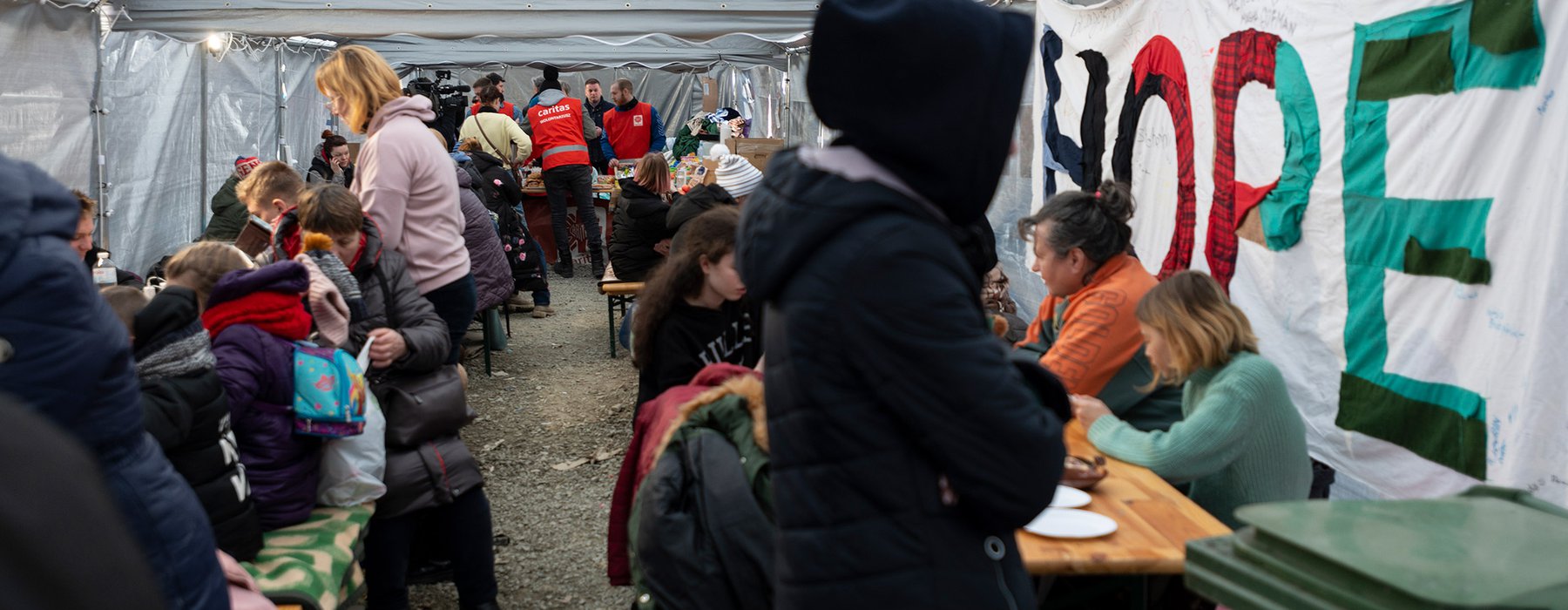Social inequalities show up starkly in places affected by armed conflict, with the most marginalised worst hit. It deepens risks already facing women, children, older people, LGBTQIA+ people, people with disabilities and people with refugee status – those often unseen, unheard, and most excluded from society.
And it’s the voices of communities affected which are too often ignored when dealing with a crisis. They know best about what’s needed – from survival to recovery, to speaking out against underlying causes that make them vulnerable when disaster strikes.

